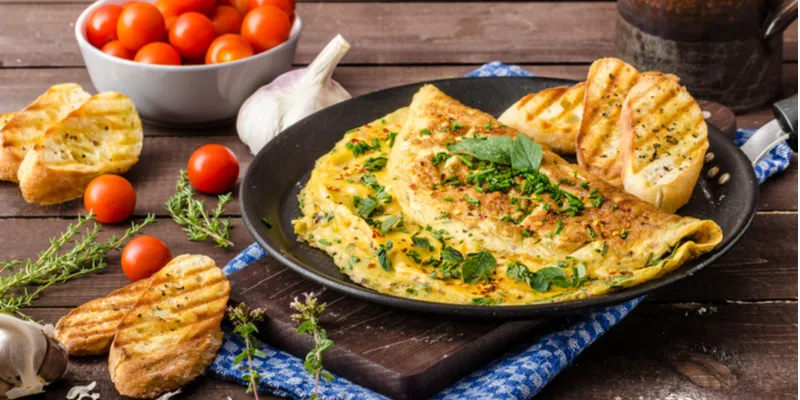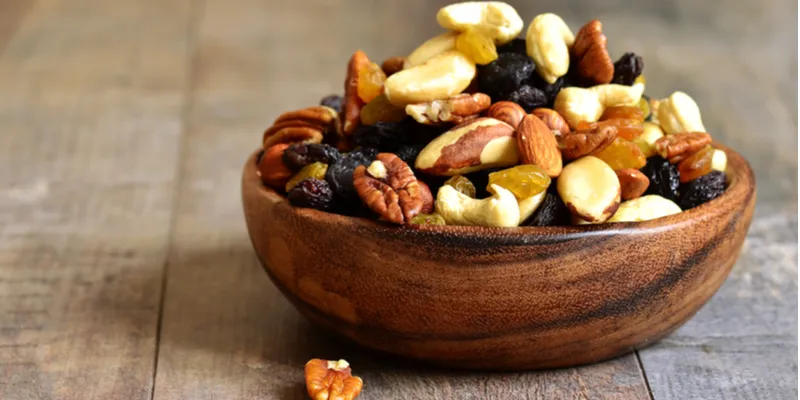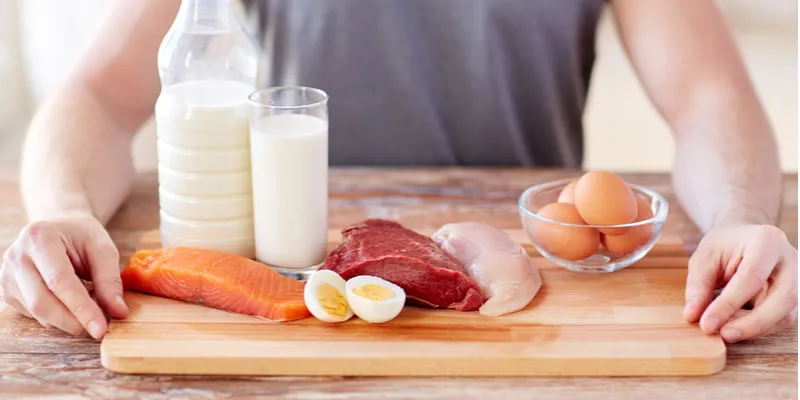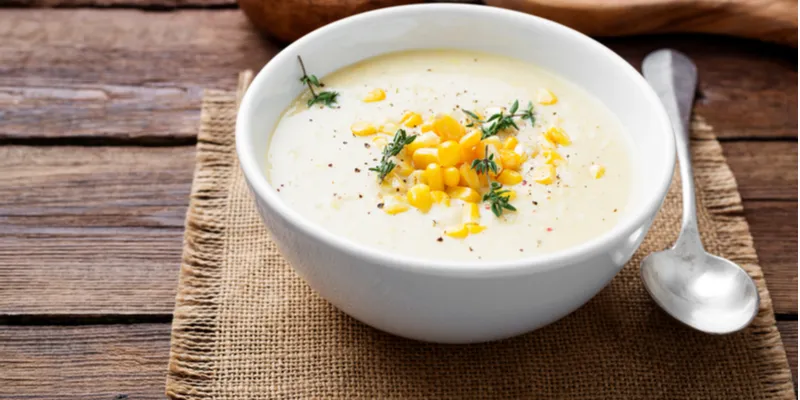Chef's table: Boost your immunity with home-cooked meals
Dr Meghana Pasi, nutritionist for MyThali, Arogya World India Trust talks about the importance of home-cooked meals and what foods to avoid during the lockdown
It is lockdown 2.0 and we are yet to come to terms with it. While we are keeping ourselves safe at home, it can get difficult to stay healthy because of our irregular meal schedules.
Some of us are working from home, and this is even more challenging as we need to handle work and take care of our family members.
Cooking to meet the nutritional needs of all our family members may seem like the toughest task every day. However, building our immunity through simple home cooked healthy meals isn’t difficult.
Here are some of my tips on how to make healthy meals to boost immunity and feel good....
Balance is the KEY
A single food group cannot provide us with all the nutrients. Instead, follow some basic rules of balancing your meals.
A balanced meal is one which has the required carbs, proteins, minerals and vitamins in the correct proportions. These requirements can be met by including cereals, pulses, vegetables, and milk products in the right portions.
Breakfast

Cooking a healthy breakfast is the best way to begin your day
Start your day with a healthy breakfast.
Breakfast should be a combination of complex carbs, proteins, and fibre. Go for omelettes, veg poha/upma, veg sandwich, paneer parathas, idli/dosa/uttapam with chutney or sambar. Some quick picks can be milk and cereals with fruits, boiled eggs, parathas from leftover dal or vegetables.
Mid-morning
Grab a handful of nuts and fruits when hungry in between your meals instead of cookies. Nuts are rich in Omega-3 fatty acids, proteins, flavonoids, antioxidants and minerals.

Nuts and fruits are the best snacks as they are rich in Omega-3 fatty acids
Lunch
Simple meals can be balanced and healthy. For eg. mix vegetable khichdi with buttermilk, mix vegetable pulao with curd, rajma rice with buttermilk, paneer wrap with boiled channa and lassi or pasta with paneer salad and curd. If you are a non-vegetarian, make some fish curry with rice and curd, chicken burgers with green salad and a bowl of curd.
Remember this thumb rule: Fill half your plate with vegetables and fruits, one fourth with proteins and the remaining one fourth with carbs.
Vegetables and fruits are rich sources of Beta Carotene, Vitamin (C, K, E), Folate and minerals like potassium, zinc and magnesium, fibre, antioxidants and phytonutrients which help in increasing resistance against diseases by building our immunity. Include at least 5 servings of fruits and veggies in your everyday meals.

Foods that are rich sources of protein can boost immunity
Proteins: Fish, chicken, eggs, milk and milk products, beans, pulses, nuts and seeds, soya beans, quinoa are rich sources of proteins. Include one katori of any protein source with each meal. They boost the immune system by forming antibodies.
Snack time
Go for another round of fruits, or channa chaat or sprouts instead of tea/coffee to avoid caffeine intake.
Dinner

A light dinner of soup is the best option
Keep your dinner light. Go for salads with boiled eggs and curd, bisibele rice with curd, dal rice and vegetable or soup with pulao.
Bedtime
Have a glass of warm milk with turmeric. This not only helps you get good sleep but also boosts your immunity.
Also add...
Spices: Pepper, ginger, garlic, cumin, cloves, fenugreek seeds, turmeric are a part of our Indian cuisine. They contain chemical compounds which have antibacterial, antifungal, antimicrobial and antiviral properties that can help to fight-off infection. Try making a concoction (kadha / Kashaya) using tulsi and these spices.
Water: Drink at least 2 litres of water every day. Juices, milk shakes, buttermilk, coconut water also are a good way to beat dehydration.
Physical activity: Along with a balanced diet, do not forget to make time for some physical activity. In between your office calls, get up and do push ups, stretches or chair yoga. Play with your kids and make them hop, jump and skip.
Let’s utilise this lockdown period for building a strong immune system with home-cooked food. Stay home, eat healthy and stay fit!
Foods to include in your kitchen pantry:
· Roasted channa, peanuts, makhana, chikkis and puffed rice
· Bajra, jowar, maize, ragi flours, whole grain breads, wheat pizza bases and wheat pastas
· Tender coconut and green tea
· Olive oil, groundnut, soyabean and mustard oil
Foods to avoid:
· Sodas and cold drinks
· Fried snacks, namkeens, samosas, pakoras and biscuits
· Maida, white bread and pav
Edited by Asha Chowdary
(Disclaimer: The views and opinions expressed in this article are those of the author and do not necessarily reflect the views of YourStory.)









